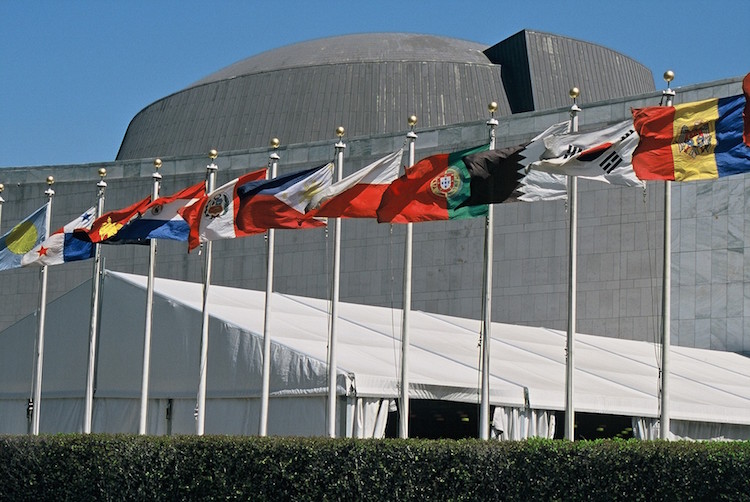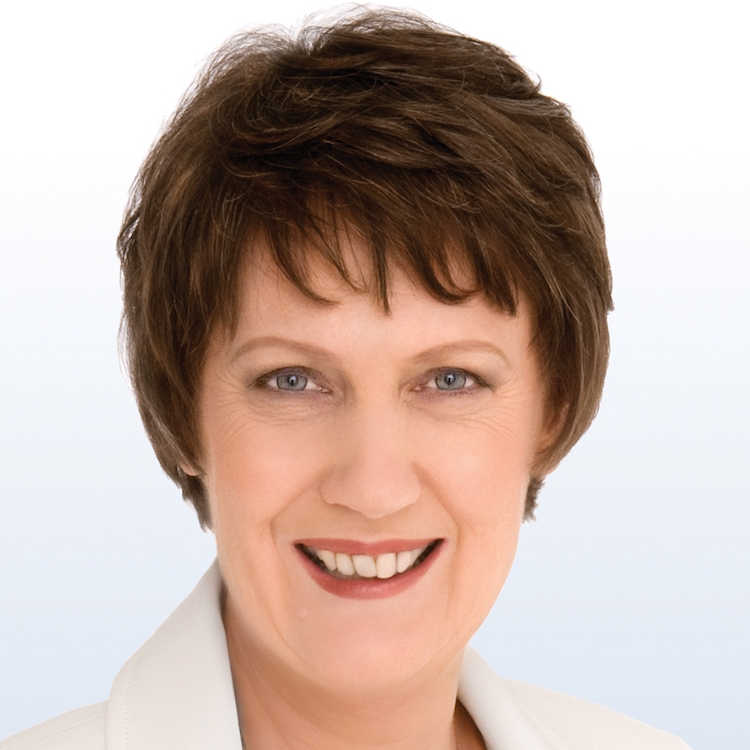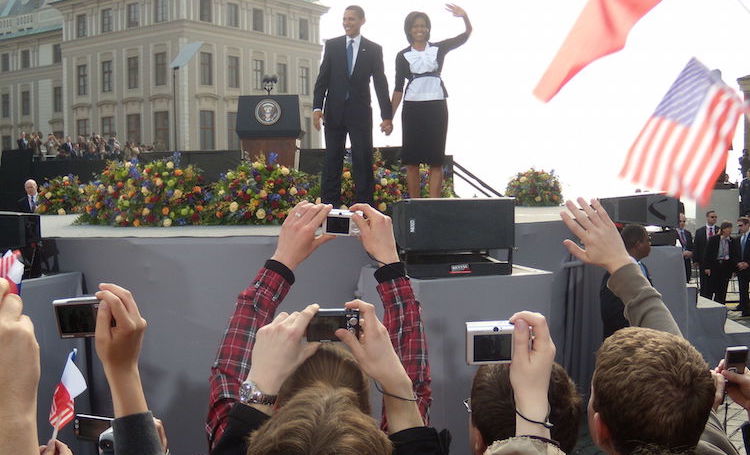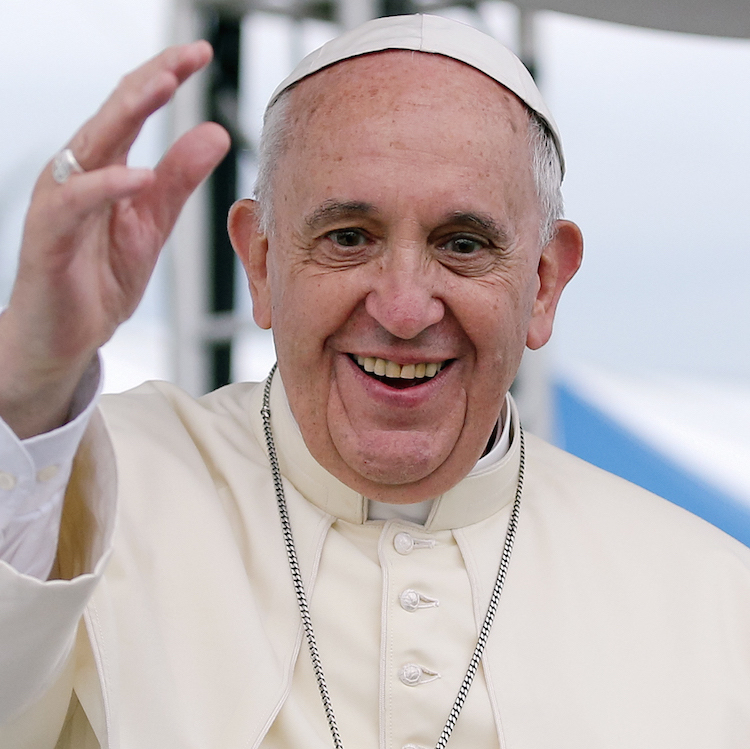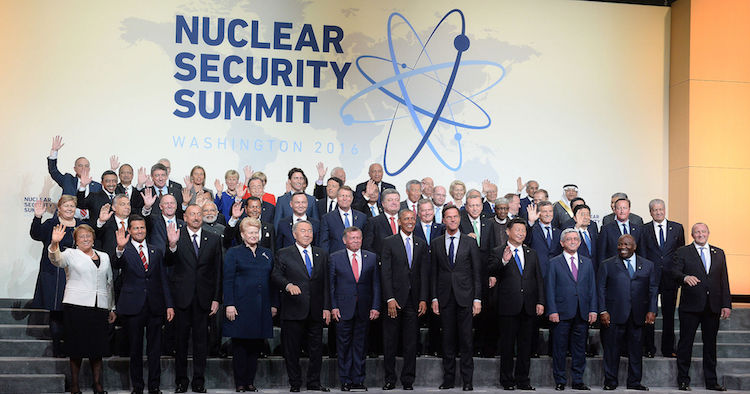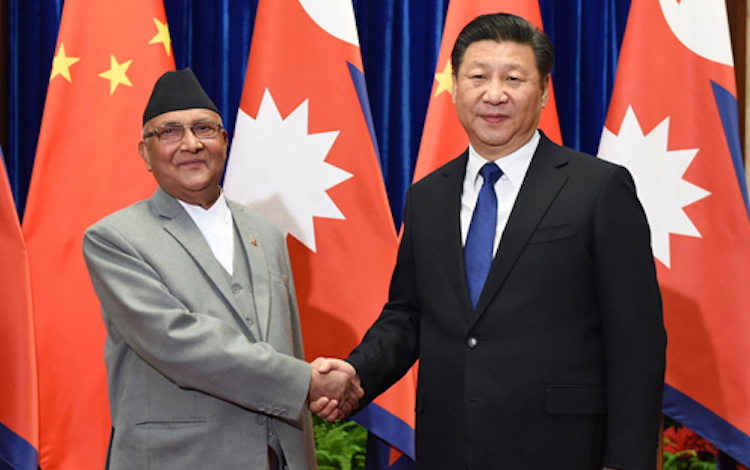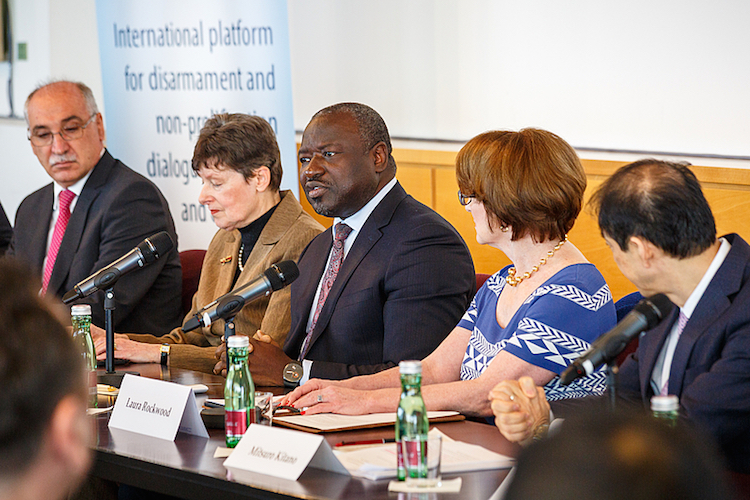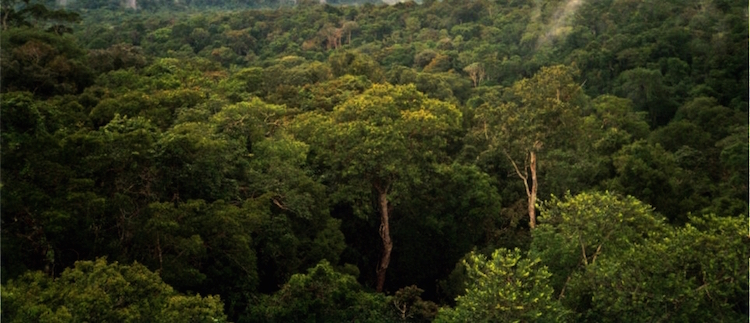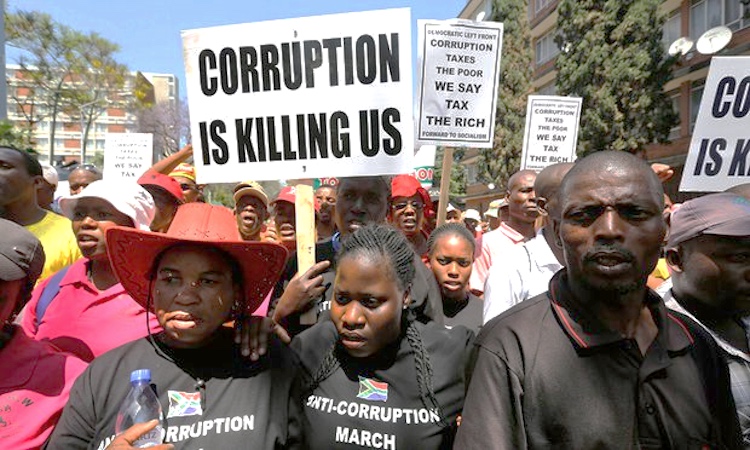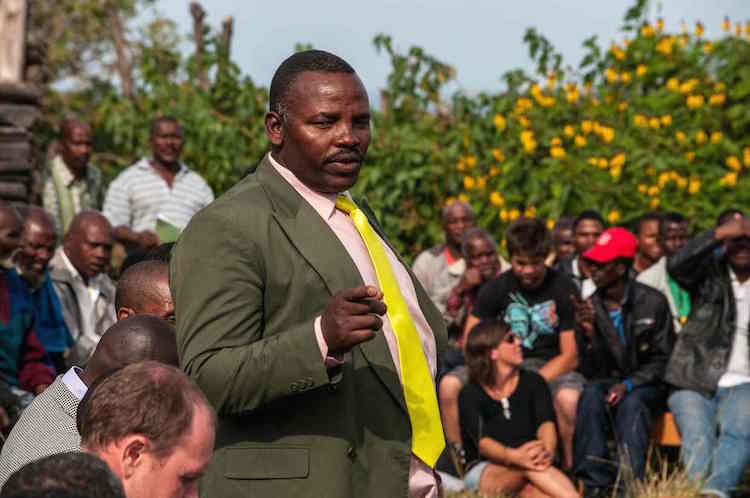By Rodney Reynolds
UNITED NATIONS (IDN) – When Antonio Guterres, the former UN High Commissioner for Refugees and ex- Prime Minister of Portugal, announced his candidature for the post of UN Secretary-General on February 29, he virtually undermined the longstanding claim that the next UN chief should be from Eastern Europe under a system of traditional geographical rotation.
But traditions are generally meant to be trodden down – at least at the United Nations.
Until Guterres’ declaration, all other officially declared candidates were from Eastern Europe: Dr Srgjan Kerim of the Former Yugoslav Republic of Macedonia; Vesna Pusic of the Republic of Croatia; Dr Igor Luksic of Montenegro; Dr Danilo Turk of of Slovenia; Irina Bokova of Bulgaria; and Natalia Gherman of of Republic of Moldova.
On April 4, Helen Clark, the former Prime Minister of New Zealand, announced her official candidature for the same post, throwing the race even more widely open.

